Description
“Satyagraha and Social Change” by Suman Kwatra is a thought-provoking exploration of the concept of Satyagraha and its relevance in bringing about social change. In this comprehensive work, Kwatra delves into the various forms and methods of Satyagraha, examines the dynamics of social change, and presents Satyagraha as an effective method for societal transformation. Through meticulous research and insightful analysis, the author offers a compelling perspective on the power of nonviolent resistance and its potential to reshape societies. This book serves as a valuable resource for scholars, activists, and anyone interested in understanding the principles and practices of Satyagraha.
The book opens with an in-depth exploration of the concept of Satyagraha, tracing its origins and philosophical underpinnings. Kwatra provides a comprehensive overview of the teachings of Mahatma Gandhi, who popularized the term and employed Satyagraha as a means of political and social resistance during the Indian independence movement. The author then proceeds to examine the various forms and methods of Satyagraha, including civil disobedience, noncooperation, and constructive program. Kwatra illustrates these methods through historical examples, highlighting their effectiveness in inspiring change and challenging oppressive systems.
In the subsequent chapters, Kwatra delves into the dynamics of social change, offering a nuanced understanding of the factors that influence societal transformation. The author explores the interplay between individual agency and collective action, shedding light on the role of Satyagraha in mobilizing communities and fostering solidarity. Drawing on a wide range of case studies, Kwatra demonstrates how Satyagraha has been employed to address issues such as racial discrimination, gender inequality, and economic injustice. The book also discusses the challenges and limitations of Satyagraha, acknowledging that while it can be a powerful tool, it is not a panacea for all social ills.
Kwatra’s analysis of Satyagraha and its potential for social change is both insightful and thought-provoking. The author skillfully combines theoretical frameworks with real-world examples, providing a comprehensive understanding of the subject matter. Kwatra’s writing is engaging and accessible, making complex concepts easily understandable for readers from diverse backgrounds. The book is well-structured, with each chapter building upon the previous ones, creating a coherent and cohesive narrative.
One of the book’s strengths is its emphasis on the practical application of Satyagraha. Kwatra not only explores the historical context in which Satyagraha emerged but also examines its relevance in contemporary times. By illustrating how Satyagraha has been utilized by social movements across the globe, the author demonstrates its enduring significance as a method of resistance and social change. This practical approach makes the book a valuable resource for activists and organizers seeking to apply the principles of Satyagraha in their contexts.
When comparing “Satyagraha and Social Change” to other works on the topic, Kwatra’s book stands out for its comprehensive coverage and interdisciplinary approach. While there are numerous books on Satyagraha and the life of Mahatma Gandhi, few delve into the dynamics of social change in such detail. Kwatra’s exploration of the various forms and methods of Satyagraha sets this book apart, as it provides a nuanced understanding of the range of strategies available for activists and change-makers.
Throughout the book, Kwatra weaves together several key themes related to Satyagraha and social change. One central theme is the power of nonviolence as a means of resistance. Kwatra explores how nonviolent methods can be transformative, challenging oppressive systems without perpetuating cycles of violence. The author also emphasizes the importance of empathy, compassion, and dialogue in fostering social change. By engaging with the perspectives and experiences of others, Kwatra argues that individuals and communities can build bridges and work towards collective liberation.
While “Satyagraha and Social Change” is a non-fiction work, the book does not focus on specific characters. Instead, it emphasizes the collective efforts of social movements and the transformative potential of ordinary individuals who engage in acts of Satyagraha. Kwatra draws from a rich array of historical and contemporary examples, showcasing the diverse range of people who have employed Satyagraha to challenge injustice and bring about social change.
About the Author:
Suman Kwatra, the author of “Satyagraha and Social Change,” is a renowned scholar and activist. With a background in social sciences, Kwatra has dedicated her career to researching and promoting nonviolent methods of resistance. As an advocate for social justice, Kwatra has actively participated in grassroots movements and has worked with communities around the world. Kwatra’s expertise in the field is evident throughout the book, as she combines academic rigour with a deep understanding of the practical aspects of social change.
Kwatra’s writing style is engaging and accessible, making complex concepts easily comprehensible for readers. The author strikes a balance between academic rigour and readability, ensuring that the book appeals to both scholarly audiences and general readers interested in the topic. Kwatra’s passion for the subject matter shines through in her prose, making the book an engaging and inspiring read.
What People Say About This Book:
“Satyagraha and Social Change” has garnered praise from readers and scholars alike. Reviewers commend Kwatra for her comprehensive analysis of Satyagraha and its applications in various contexts. Many readers appreciate the book’s practical approach and find it a valuable resource for those interested in social justice and activism. The book has been commended for its well-researched content and the author’s ability to present complex ideas in a clear and accessible manner.
- Comprehensive coverage of the concept, forms, and methods of Satyagraha.
- Practical insights and real-world examples.
- Interdisciplinary approach and theoretical frameworks.
- Engaging and accessible writing style.
- Relevant and timely exploration of social change dynamics.


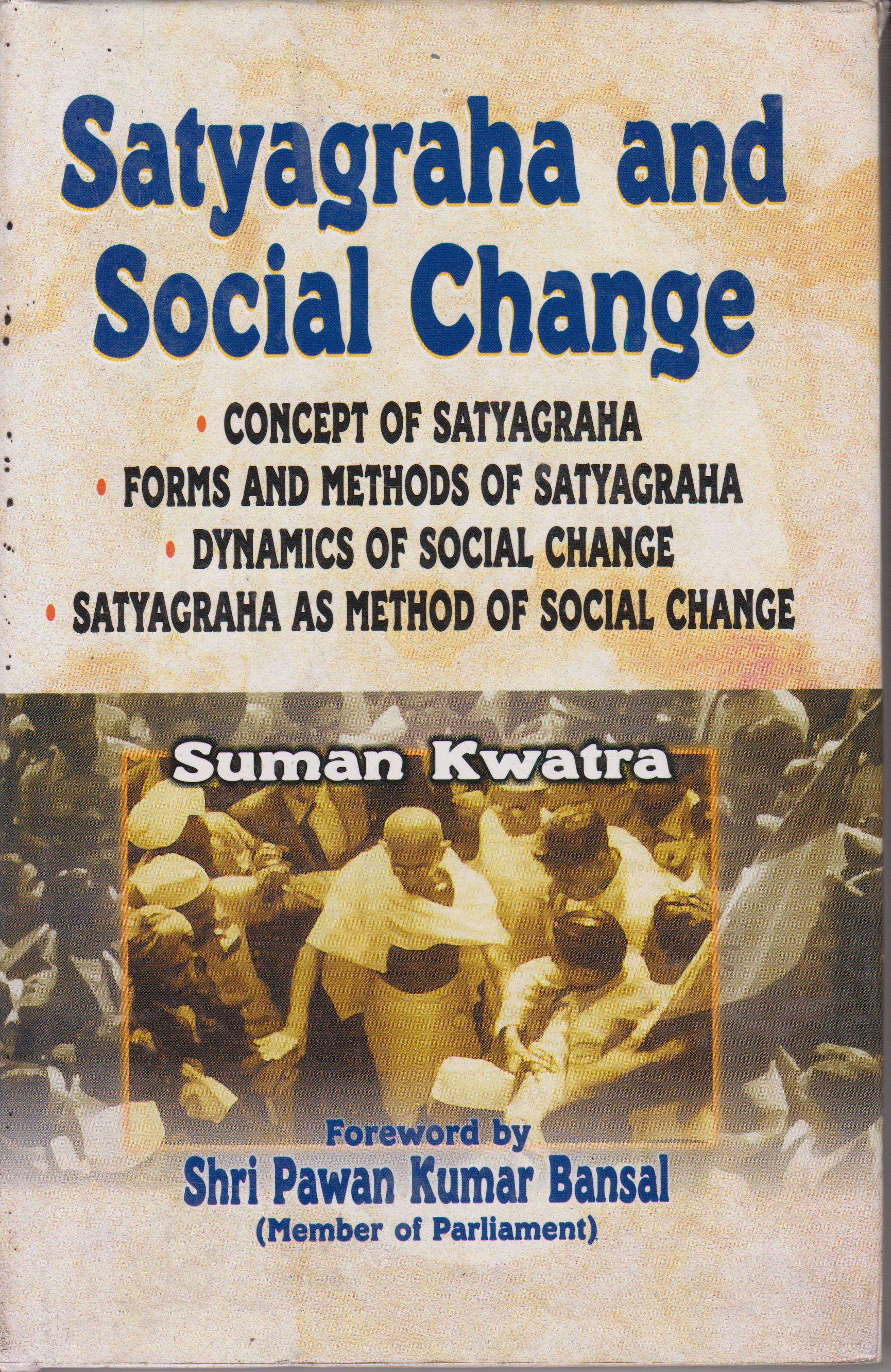
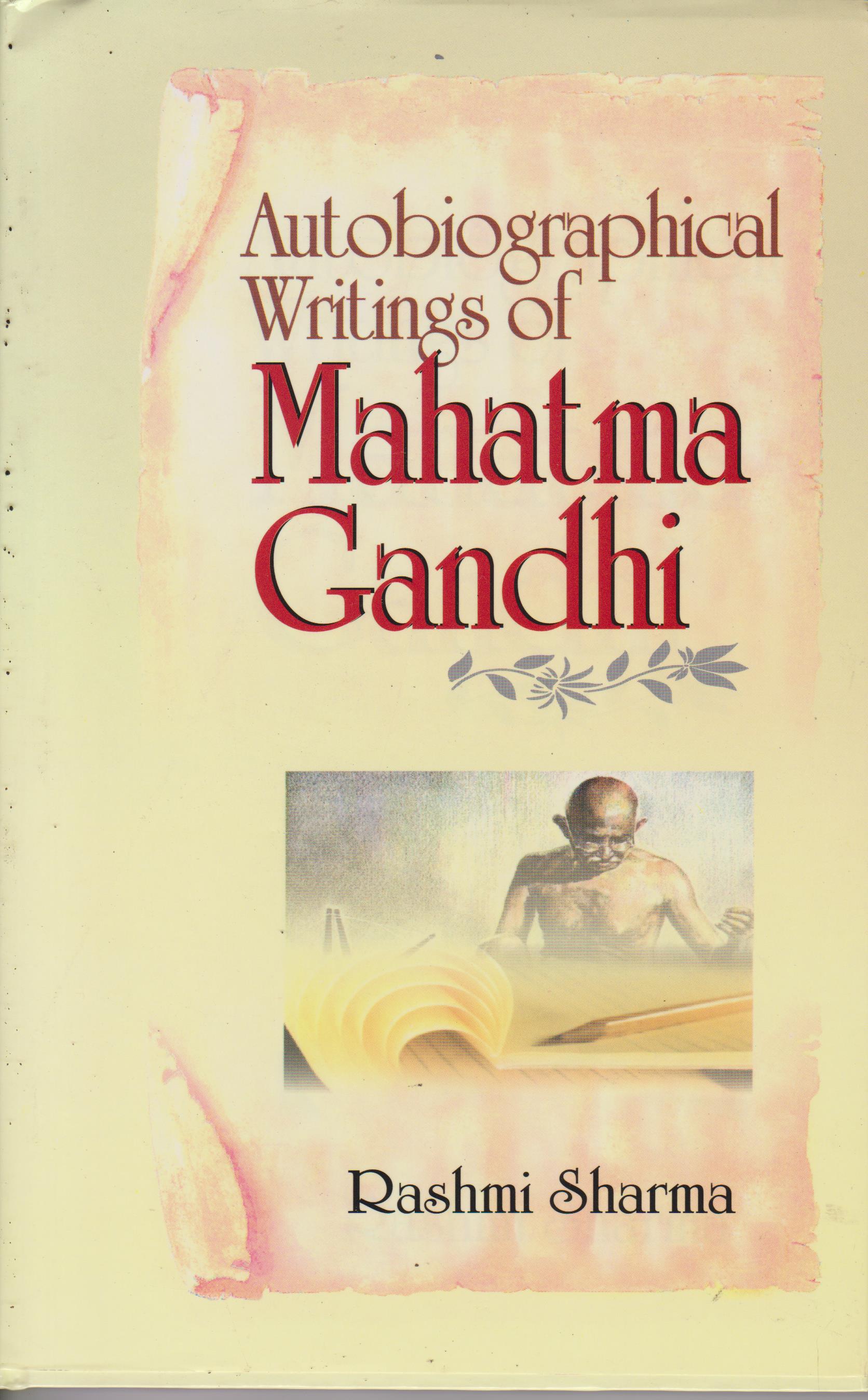



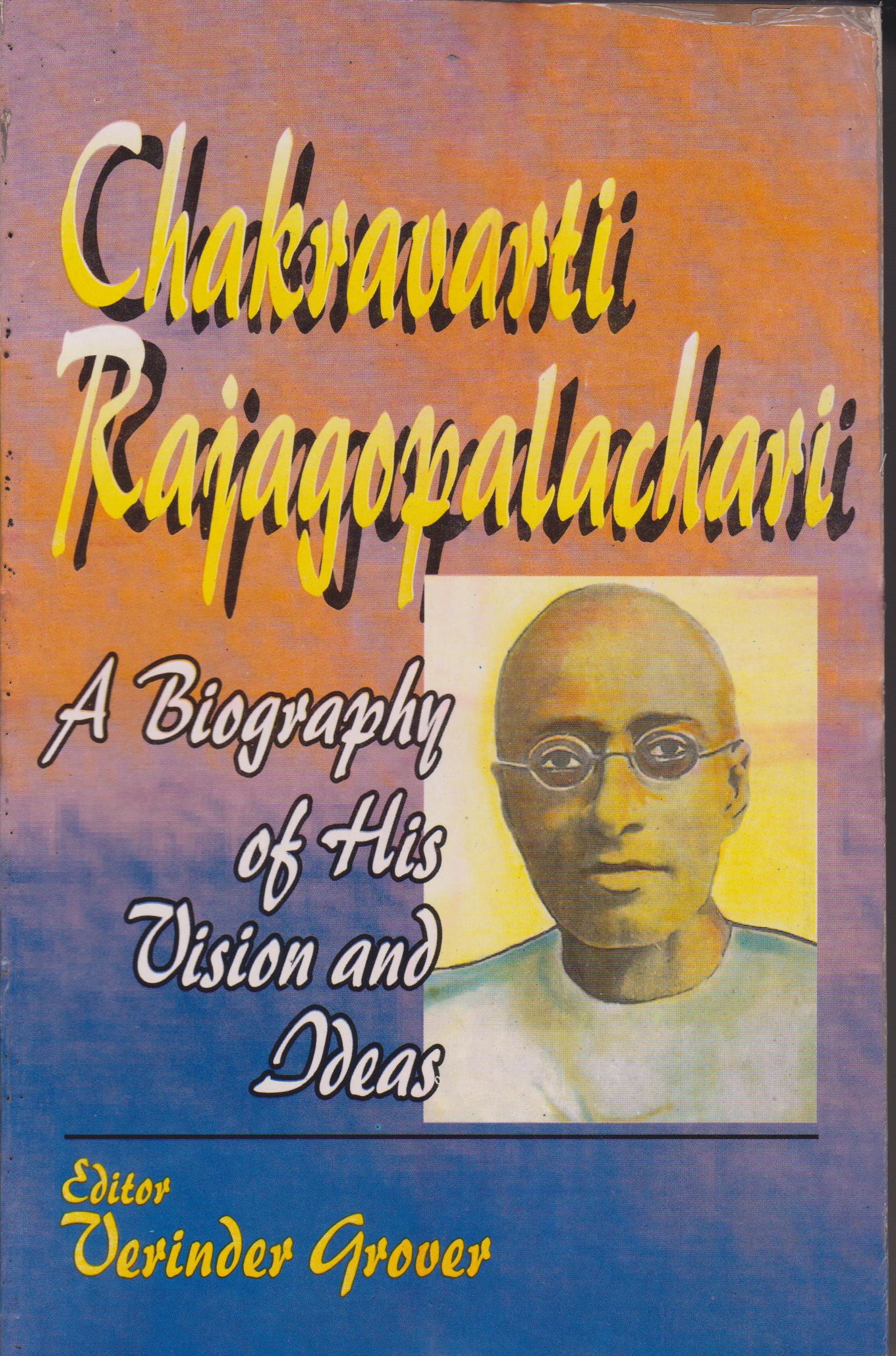
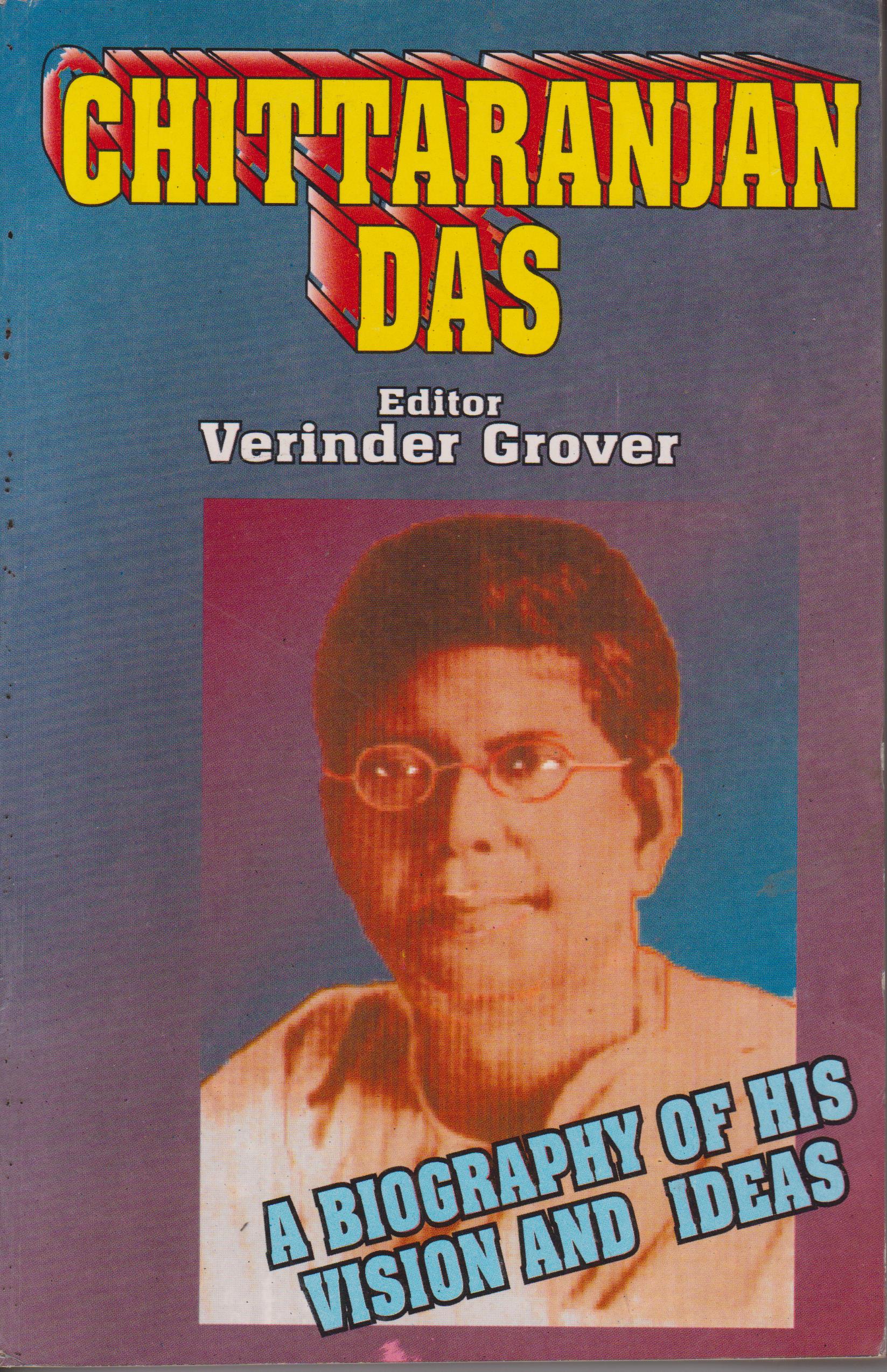
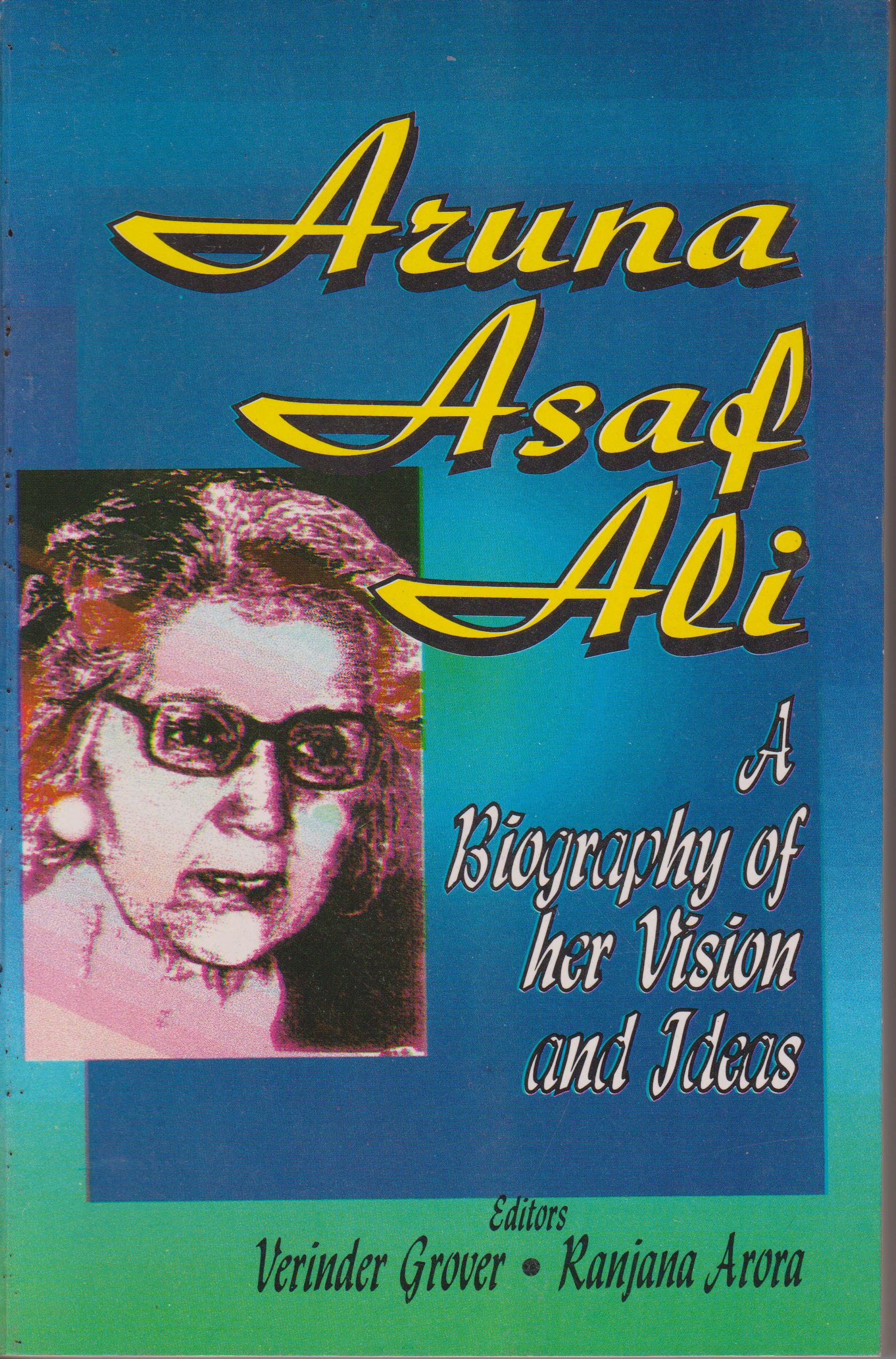
Reviews
There are no reviews yet.